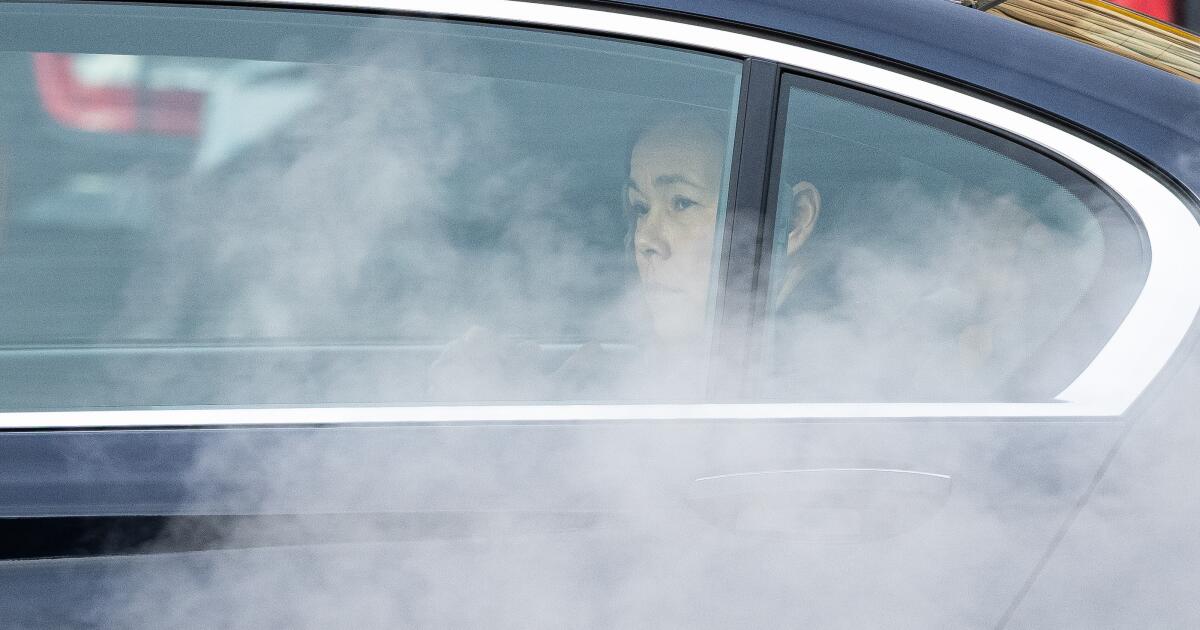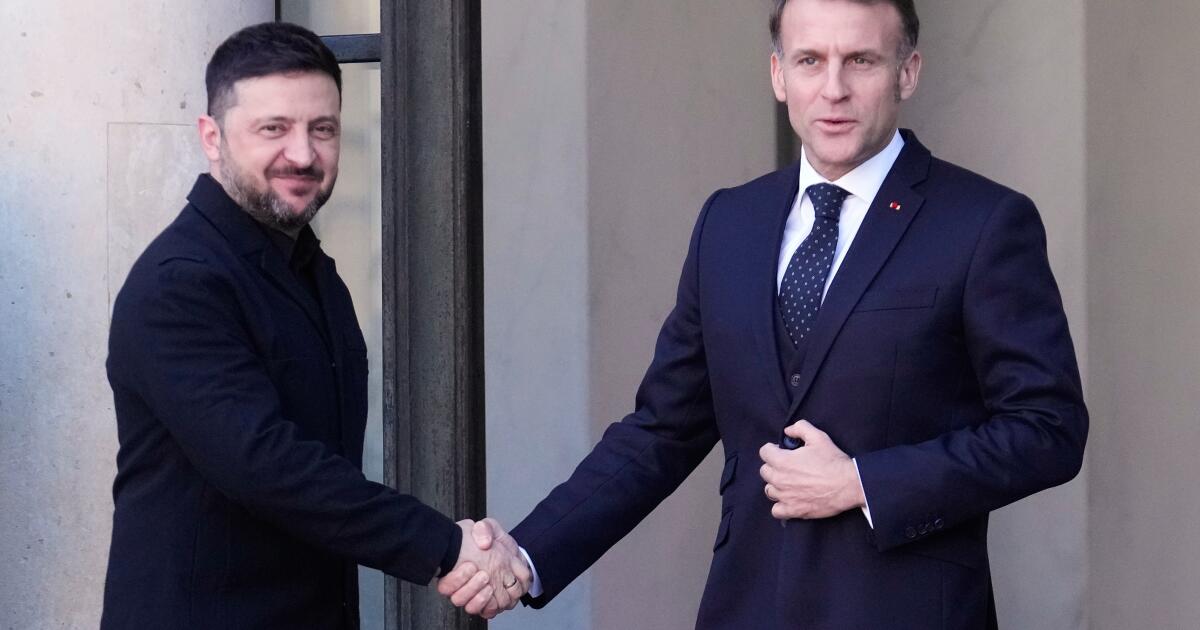In US ally Thailand, feelings of betrayal after Trump’s visa freeze | Migration News
Bangkok, Thailand – For Thai national Khaochat Mankong, 2026 was meant to be the biggest year of her life.
After filing the necessary paperwork with the United States embassy in Bangkok, Khaochat, 27, was poised to start a new life with her American husband in California.
Recommended Stories
list of 4 itemsend of list
Last week, Khaochat watched those plans evaporate in an instant as US President Donald Trump’s administration announced an indefinite pause on the processing of immigrant visa applications from 75 countries, including Thailand.
The US Department of State said it had suspended applications for the targetted countries because their migrants claimed welfare benefits at “unacceptable rates”.
“I’m shocked; I never thought they would interfere with permanent visas or marriage visas,” Khaochat, an English tutor in Bangkok, told Al Jazeera.
“But now everything has to be paused for who knows how many years.”
Khaochat said she had hoped to raise a family in the US and had no intention of claiming any welfare benefits.
“If they want to screen people, then test language ability, check financial accounts,” she said. “I have the language skills, I have money. Why should I be blocked from living with the person I love?”

Similar stories of punctured dreams have flooded Thai social media in recent days.
Married couples have expressed fears of being separated for the long term or having their children denied the right to stay.
Prospective migrant workers have also voiced their dismay at the changes, which have put a freeze on EB-class employment visas as well as the K-class spousal and dependent visas.
Songtham Artsomjit, 26, said he could no longer see a pathway to the US after paying a Thai agency $800 to start the paperwork for an EB-3 unskilled work visa.
“I was going to work on an assembly line making flat-bed trailers in Wisconsin,” Artsomjit told Al Jazeera, describing his plan as a hoped-for “turning point in life” that would lead to permanent residency.
“Instead, I’ve taken a job in a supermarket in Israel,” he said, adding that he was more afraid of poverty than “the risks of war there”.
While some would-be migrants are holding on to hopes that the suspension will be lifted, Trump’s pause appears to be part of a long-term strategy to severely restrict legal migration to the US.
Thailand, one of only two US treaty allies in Southeast Asia with a formal diplomatic relationship dating back to 1833, has expressed disappointment at being included on a list that includes many much poorer, conflict-afflicted countries such as Afghanistan, Haiti, Somalia and Myanmar.
Last week, Foreign Minister Sihasak Phuangketkeow, a candidate for prime minister in Thailand’s general elections next month, said he had met with US Charge D’Affairs Elizabeth J Konick to seek clarification on the suspension.
Phuangketkeow said he had queried the logic of including Thais in the freeze, given their contributions to the US economy and closeness of Washington and Bangkok’s ties, saying “these questions are not good for the relationship.”

For many Thais, the sense of injustice has been shaped by the relative success of the Thai diaspora in the US, many of whom built lucrative businesses after migrating to take up low-paid jobs in restaurants, warehouses and factories.
The median annual income of Thai-headed households in 2023 was $82,000, higher than the national average of $75,000, according to the Pew Research Center.
Once a key base in the US fight against communism and, more recently, an ally against China’s expansive claims in the South China Sea, Thailand has had an increasingly strained relationship with its oldest treaty ally since Trump’s return to office.
Like other export-reliant countries in Southeast Asia, Thailand has weathered significant economic upheaval due to Trump’s tariffs.
Thai exports to the US have been subject to a 19 percent tariff since August, while talks on a comprehensive trade deal have faltered over US demands for opening the local market to its giant food producers.
“The Trump administration is not respectful of the relationship; it has a transactional worldview,” Phil Robertson, a US citizen based in Thailand and the director of Asia Human Rights and Labour Advocates, told Al Jazeera.
Robertson called Trump’s policy “crass and cruel” and predicted that the administration would “create so many hurdles and so much red tape” that it would become impossible to migrate to the US.
Not all Thais take issue with the changes.
Noi, who lives with her American husband in Niceville, Florida, said she supported the Trump administration’s efforts to restrict welfare claims by migrants.
“Ever since the Trump administration, there have been efforts to stop using our tax dollars to support immigrants from various countries,” Noi, who holds a green card entitling her to live in the US permanently, told Al Jazeera.
“Of course, this impacts the various countries that are being banned. But people are waking up and seeing what’s been happening.”
For Khaochat, the collapse of her dreams is loaded with a bitter irony.
“My partner voted for Trump,” she said.



